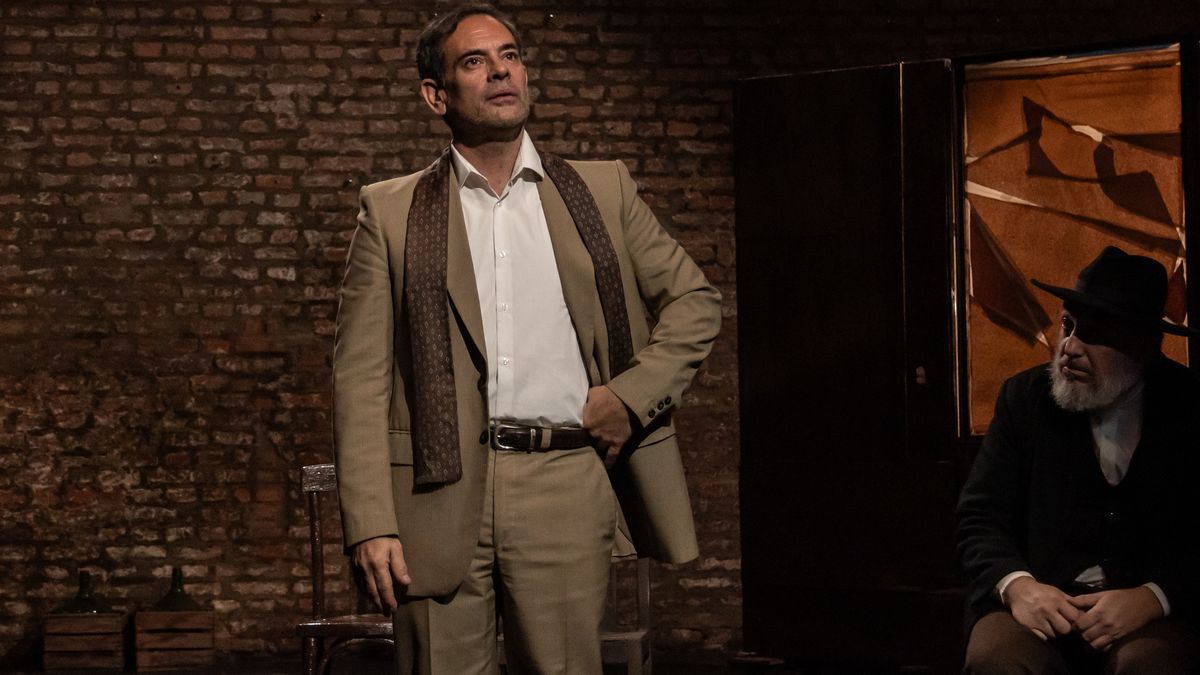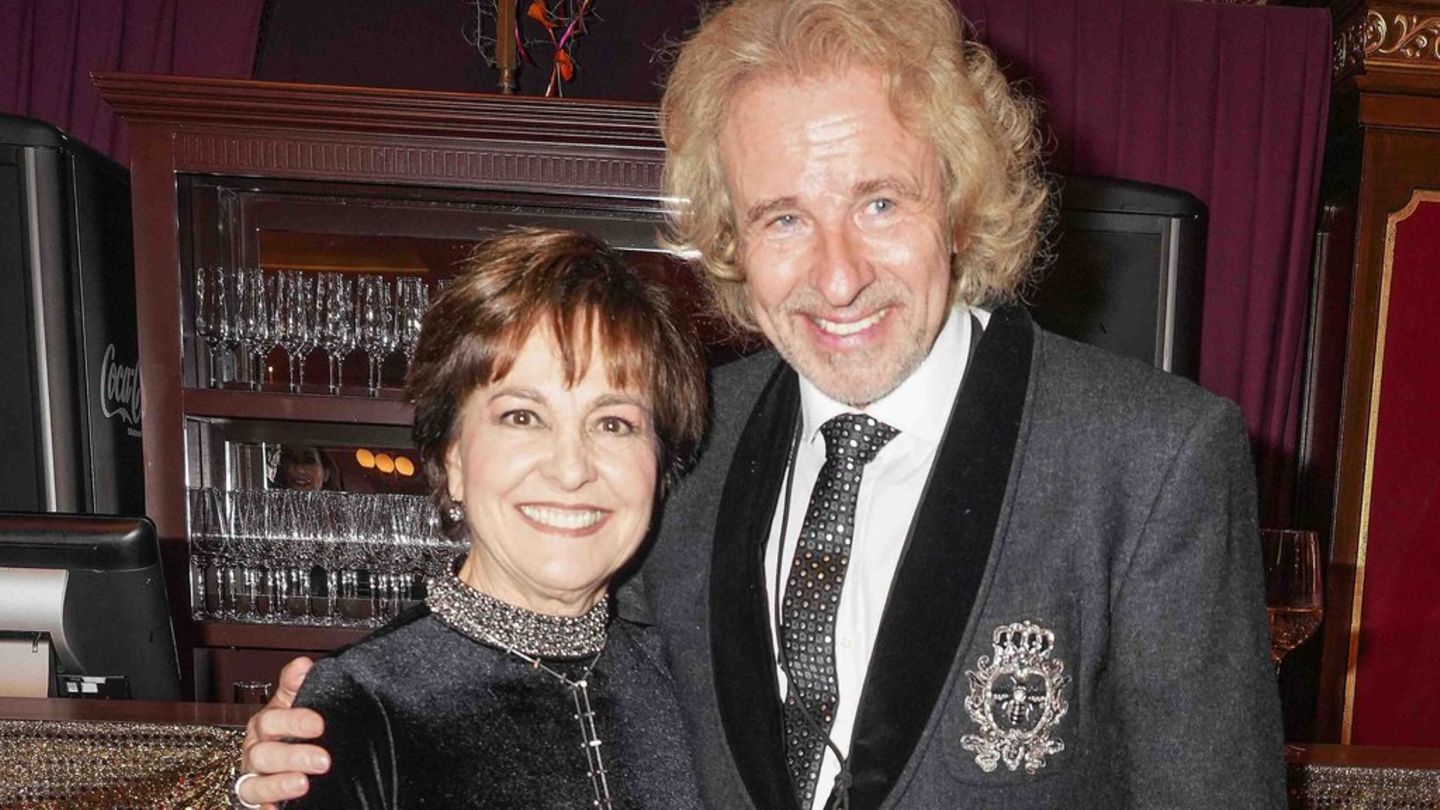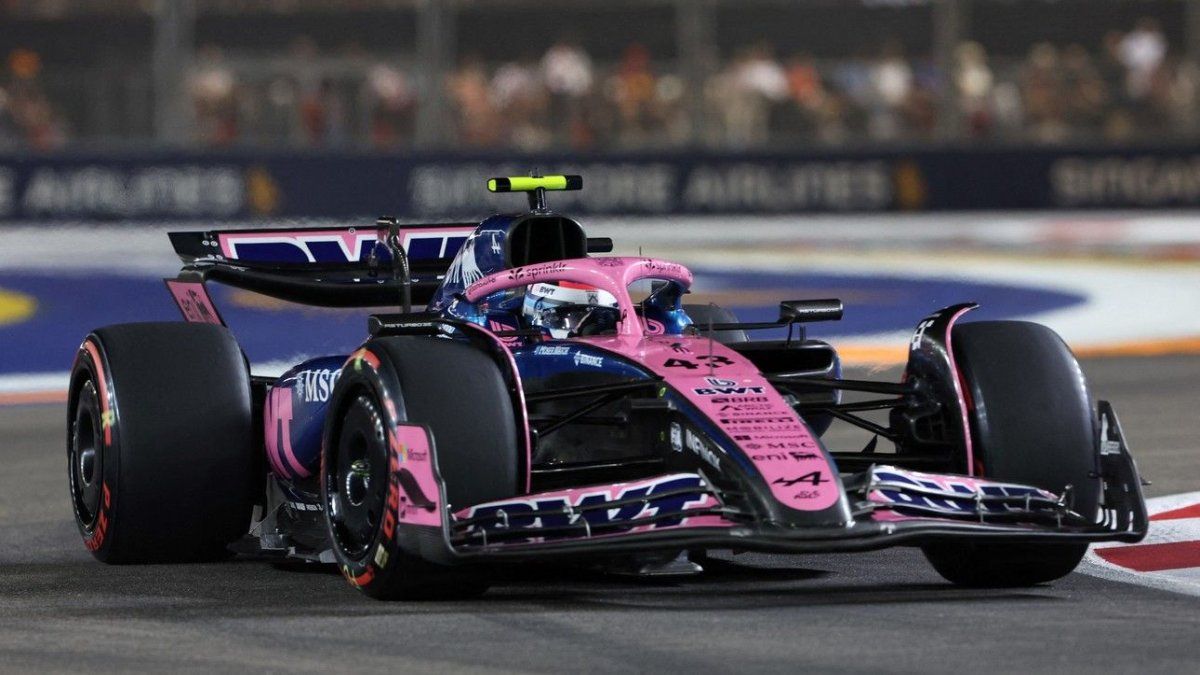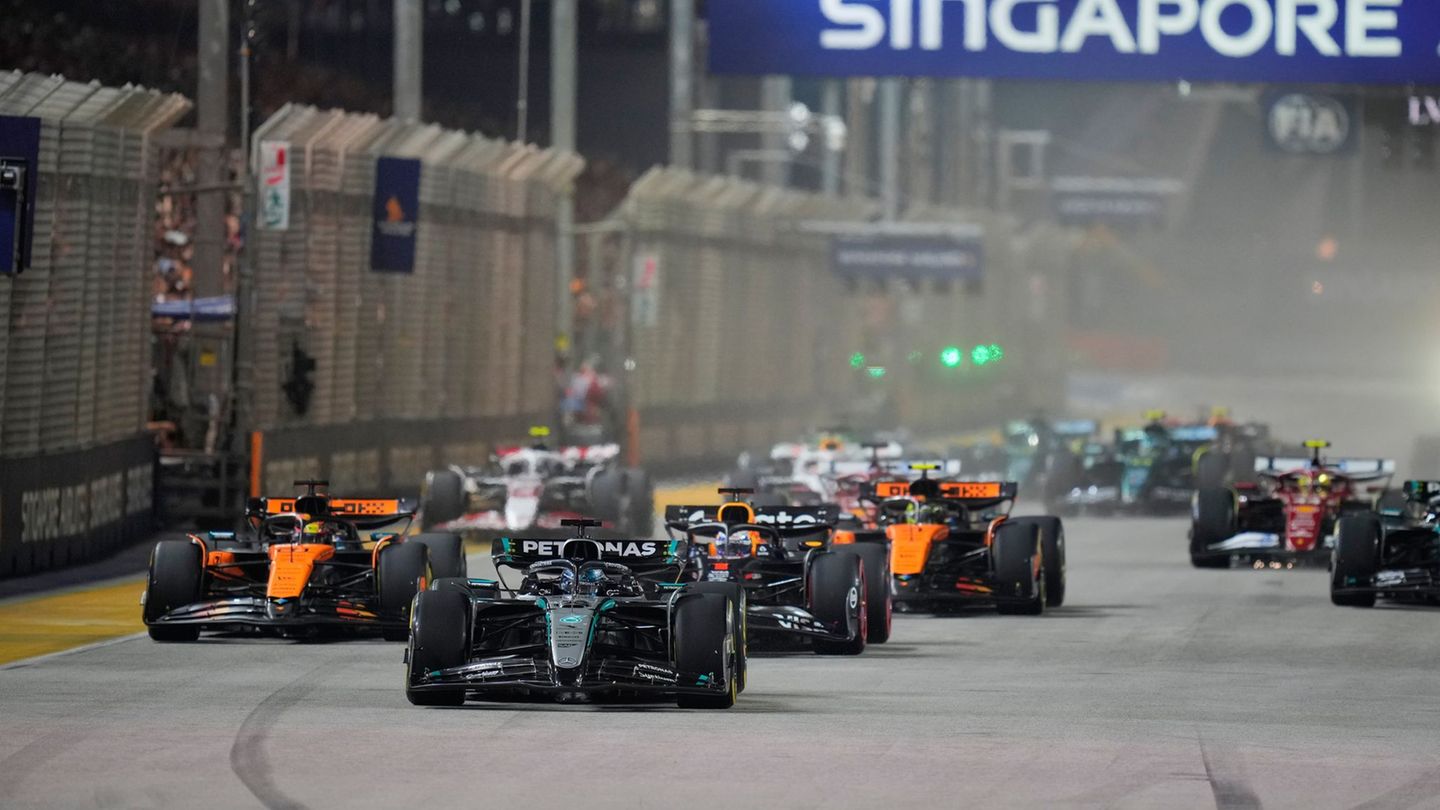Mario Petrosini Encarna on Thursdays in Callejón Espacio to a Jewish actor detained at the time of the Holocaust and Sundays in the tinglado tinglain of Tango with a frustrated university past. In “Vichy incident”, of Arthur Millerhe gets into the skin of Monceau and along with 14 other actors in the scene, immerses the viewer in the horror of the Shoá to take him to a trip from which no one leaves indifferent, while in “For all we know,” dramatic comedy Alfredo Megnahumor and conflict live in permanent loop.
“Vichy incident” was adapted and directed by Pablo Gorlero And it offers functions on Thursdays at 20.30 and the next two Sundays at 17, with immense cast: Mateo Chiarino as the Austrian prince; Patricio Coutoune as the psychiatrist; Rubén de la Torre as a German commander; Junior Pisanu like the painter; Rodrigo Raffetto as the mechanic; Pablo Turchi the waiter; Enrique Iturralde as the businessman; Santiago Lozano as the racial anthropologist; Jerome Dodds like the boy; Marcelo Rodríguez as the coffee owner; Julián Mardirosian Like the old Jew; Mauricio Méndez like the gypsy; Mariano Sgallini as the police captain and Marcelo La Valle as the inspector and guard.
“For everything we know” (Sundays at 20.15) is co -starring Cristian Sabaz, As a kind of melancholic stubborn scourge, and both interpret two mature men who share a strange coexistence. We talked with Petrosoni.
Journalist: What is “for everything we know”?
Mario Petrosini: It is a coexistence of two men, what they know is a mystery to the public and it is difficult to put it in words. They are accustomed to living that daily life in a funny way, sometimes brushing the aggressive, because they do not know how to communicate it. The setting is modern and current and these guys seem to come from the past, because of their language, we are trying to continue with the tradition of those ABBOTT style duos and Costello el Gordo and El Flaco, Olmedo and Portales, with a chemistry that unites us but at the same time we are different. That couple is formed that compensates for the grimace, the physical gag, there is some clown, black humor and all kinds of comic.
Q.: How do spectators react to this mystery?
MP: The public goes out with different interpretations, they talk about the toxicity of the links, that in spite of everything and although it cannot be said, there is affection, they wonder for a title, which is a musical theme. People believe that they will see a romantic and meet two living in a more symbolic space than realistic. There is something of “waiting for Godot”, and the uselessness of routine, the mechanisms of coexistence, sometimes some of the masculinity of before and now.
Q.: Your character in this seems to connect with that of Monceau, the actor of “incident in vichy”, because both seem to live in an illusion.
MP: In “for everything we know” a kind of fiction is assembled in the coexistence and mystery that has to do with relationships. In “Vichy”, Monceau also wants to travel from a place where common sense applies, something that we have a lot of the actors, find the internal route to a life that is not the own beliefs. I do not agree with Monceau’s but I looked a lot at reality to build it. In these characters who live saying everything is fine, that there is no economic fall in the world, that as long as I can live quietly with the laws, nothing affects me. The public defines this character as a denial but I define it as the maximum bearer of common sense, that it sees reality and it is impossible to think, in 1942, that there are ovens that burn the Jews. It was an atrocity especially in the civilization that had armed until that moment. They did not live in the crusades or the knife, the era of propaganda and information began. For Monceau what the other characters glimpse is crazy.
Q.: As in several of his works, Arthur Miller takes the opportunity to launch a wink to the world of theater and representation.
MP: From facing reality with the only thing it has, it is the performance, to the last text of my character that is that of Cyrano. It is interesting to discover how life looks at my character, drink from others, which is an actor’s vice, see what I can take of how it moves this or that. The work is written wanting actors to come to do it but is stagnant in a bookstore. The one who writes sometimes thinks of actors or how the characters move but crossed by the text, each actor brings their own experience. The issue is that I alumn something, but it is simply to repeat the lyrics.
Q.: What can you say about how mysteries are revealed in both works?
MP: Vichy is a work of much mystery, he is revealed while the public knows what happened, one knows that they go to the slaughterhouse. In for everything we know there is a mystery that nobody imagines. One is over in that mystery as a mechanism of the work. The public throws us that was attentive because he needed to build the story. My teacher Gené said that the theater brings the human being closer to mystery and reminds him that there are so many that are unsolved, and he coexists with that. There are things that we cannot know or respond yet, a work does not intend to reveal the mystery of life but in the works in which I am granted to my character a mysterious side and I seek to make it human.
Q.: And finally, how do the dramatic arch build both works?
MP: In Miller there is a dramatic crescendo and a curve that is not known how far it will come, in all that we know always comes to the same place from different situations. It is a loop that is beautiful to see in repetition, which is not exact. My character in Vichy puts on stage an assessment that may not put life. In life it is wrong more than on the stage given the mistakes he made. There is something of the actors that we need that transformation of identity to know what ours is. In Vichy there are speculation because of the tragic situation, instead in all that we know the characters do not ask what they do what they do, they are there, in a kind of “waiting for Godot”, as an absurd of Pinter without knowing what is the meaning of what they live or where they are going. The work tries to say something that has to do with the end in which humans do things. They live the absolute moment, do not think about the future, what happens to them happens to them, and is beautiful to act.
Source: Ambito
I am an author and journalist who has worked in the entertainment industry for over a decade. I currently work as a news editor at a major news website, and my focus is on covering the latest trends in entertainment. I also write occasional pieces for other outlets, and have authored two books about the entertainment industry.




